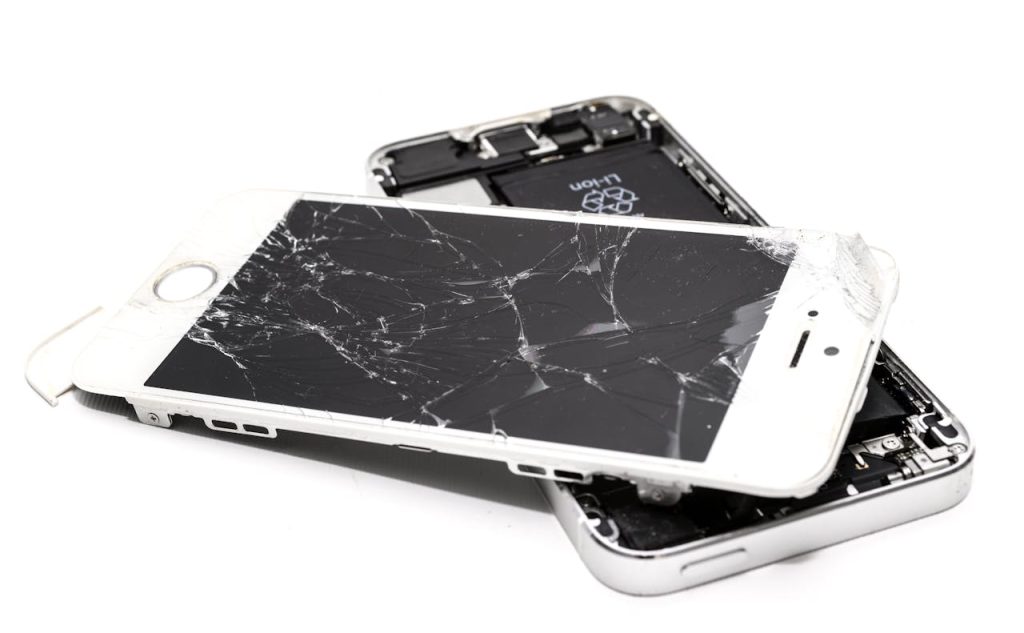
Extended warranties are everywhere. Whether you’re buying a new phone, a laptop, or even a refrigerator, you’ve probably been offered one at checkout. Many people agree to the extra charge, hoping it will save them money if something goes wrong. But do these extended warranties really pay off? In most cases, they don’t. Still, millions of consumers buy them every year. Understanding why people buy extended warranties that rarely pay off matters for anyone looking to make smarter financial decisions.
1. Fear of Unexpected Expenses
One big reason people buy extended warranties is fear. The thought of a sudden, expensive repair can be stressful. Even if the risk is low, the idea of being caught off guard pushes people to pay for extra protection. Retailers know this. They emphasize potential repair costs, making the price of the warranty seem small by comparison.
Extended warranties that rarely pay off tap into our desire for peace of mind. But statistically, most products don’t break during the period covered by these plans. The fear is real, but the risk is often exaggerated.
2. Lack of Understanding About Manufacturer Warranties
Many consumers don’t realize that most new products already come with a manufacturer’s warranty. These warranties typically cover defects and malfunctions for one to two years. Extended warranties usually start after this period, not immediately. People may think they’re doubling up on coverage when, in reality, they’re paying for protection they won’t use until later.
This misunderstanding makes extended warranties that rarely pay off seem more valuable than they are. Reading the fine print can reveal a lot about what’s really covered and when.
3. High-Pressure Sales Tactics
Retailers make significant profits from selling extended warranties. Salespeople are often trained to push these plans hard, using persuasive language and sometimes even scare tactics. They may highlight worst-case scenarios or suggest that repairs are common and costly.
In the moment, it’s easy to say yes, especially when you’re already spending a lot of money. The pressure can make it difficult to step back and assess whether the extended warranty is worth it. Many people later realize that these extended warranties rarely pay off, but only after the fact.
4. Overestimating the Likelihood of Failure
People tend to overestimate how often products break. We remember the one time a friend’s TV died right after the warranty expired, but forget the many times things worked just fine for years. This bias makes the risk seem higher than it really is.
Most modern electronics and appliances are built to last. The failure rates during the extended warranty period are usually much lower than people expect. Yet, these stories and personal experiences drive us to protect ourselves “just in case.”
5. Convenience and Hassle Avoidance
For some, the appeal of an extended warranty isn’t just about saving money. It’s about avoiding hassle if something does go wrong. Warranties often promise fast repairs or easy replacements. That convenience feels worth the extra cost at the time of purchase.
However, many people find that filing a claim is not as simple as promised. There can be exclusions, long wait times, or denied claims. Still, the idea of convenience sells, even if the extended warranty rarely pays off.
6. The Illusion of a Good Deal
Retailers often bundle extended warranties with discounts or special offers. This makes the deal seem too good to pass up. They might say, “For just a few dollars more, you can protect your purchase for years.” Framing the offer this way makes the cost seem minimal compared to the potential benefit.
This tactic works especially well when people are already making a big purchase. Adding a little extra feels reasonable, even though the extended warranty rarely pays off in practice.
7. Social Influence and Habit
People are influenced by what friends, family, and even online reviews suggest. If someone they trust says an extended warranty saved them money, they’re more likely to buy one too. Over time, buying extended warranties can become a habit, especially for those who have had positive experiences or close calls in the past.
This social influence can cloud judgment, making it harder to assess whether the extended warranty is really worth it. Most of the time, the odds are not in the buyer’s favor.
Making Smarter Choices About Extended Warranties
So how can you avoid falling for extended warranties that rarely pay off? Start by understanding what your manufacturer’s warranty already provides. Take time to research the reliability of the product you’re buying. Read the terms of any extended warranty carefully, looking for exclusions and requirements.
In most cases, it’s better to set aside money in an emergency fund for repairs or replacements. If you do decide to buy, make sure it’s for a product with a high failure rate or costly repairs, not just for peace of mind.
Have you ever bought an extended warranty that actually paid off, or did you regret it? Share your experience in the comments below!
What to Read Next…
- Is That Lifetime Warranty Actually Costing You More
- 8 Insurance Riders That Sound Helpful But Add No Value
- 8 Everyday Services That Are Slowly Becoming Subscription Only
- 7 Hidden Fees That Aren’t Labeled As Fees At All
- 7 Financial Loopholes That Lenders Exploit Behind The Scenes
The post Why Do People Buy Extended Warranties That Rarely Pay Off appeared first on The Free Financial Advisor.







